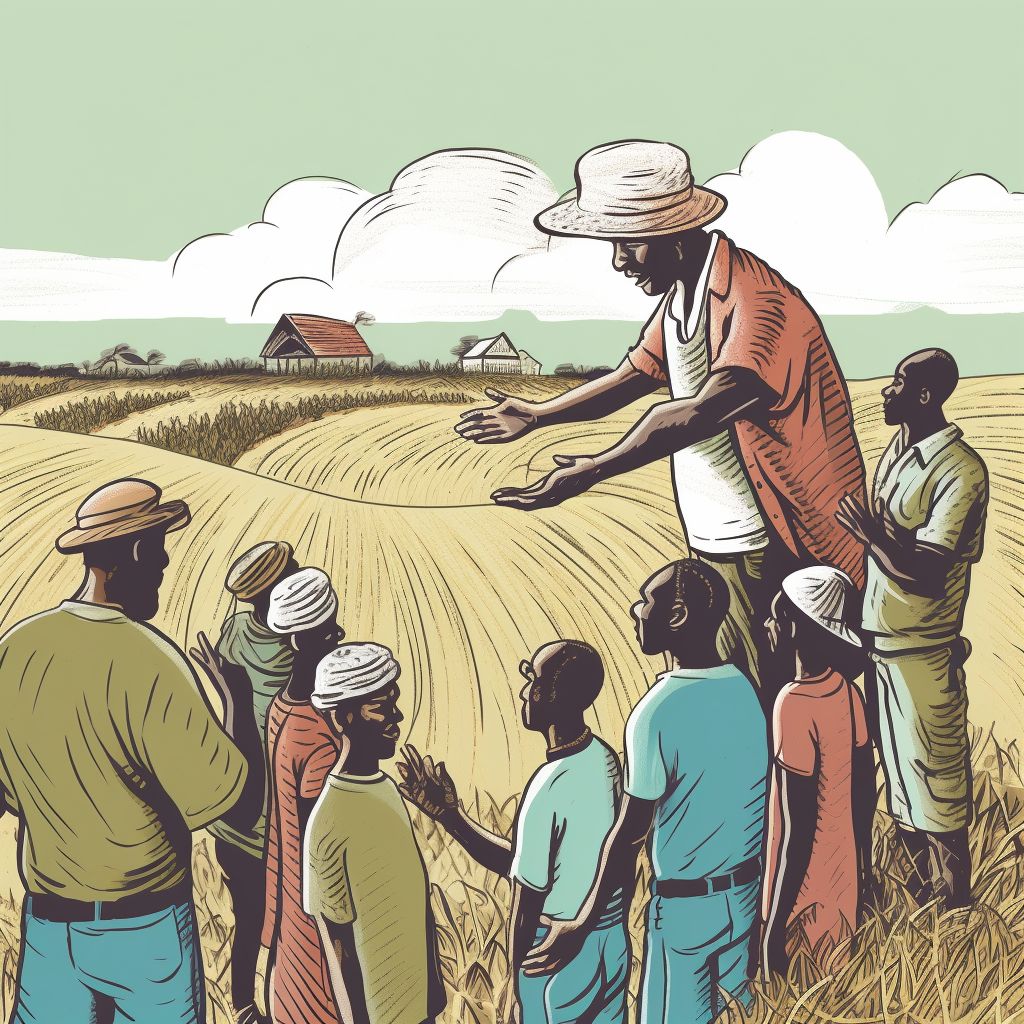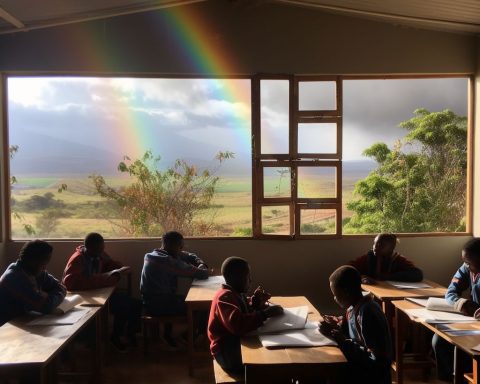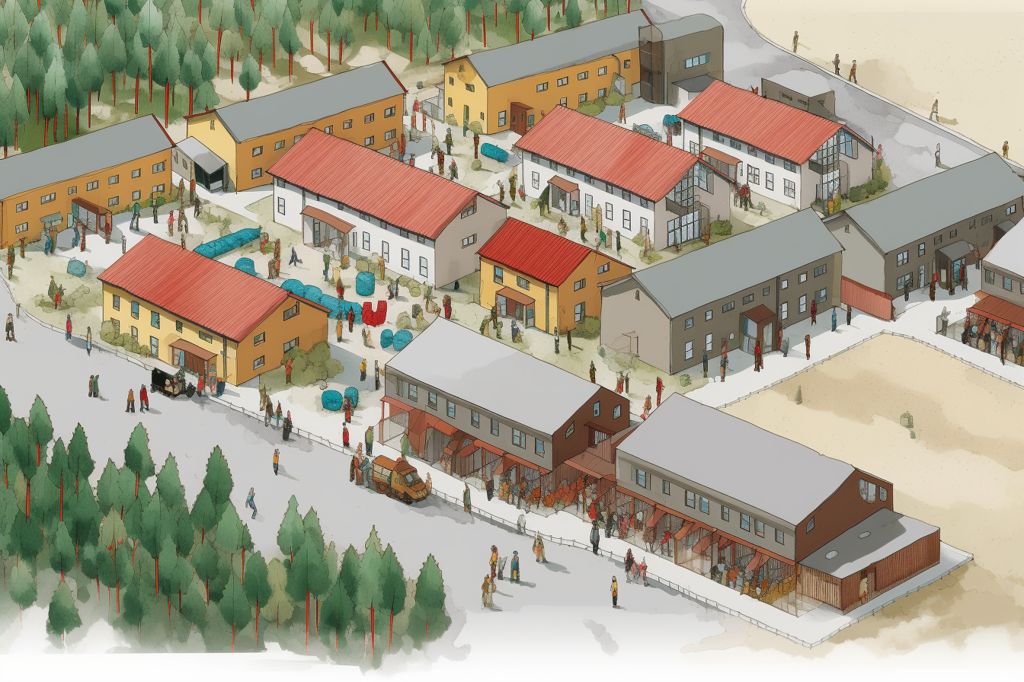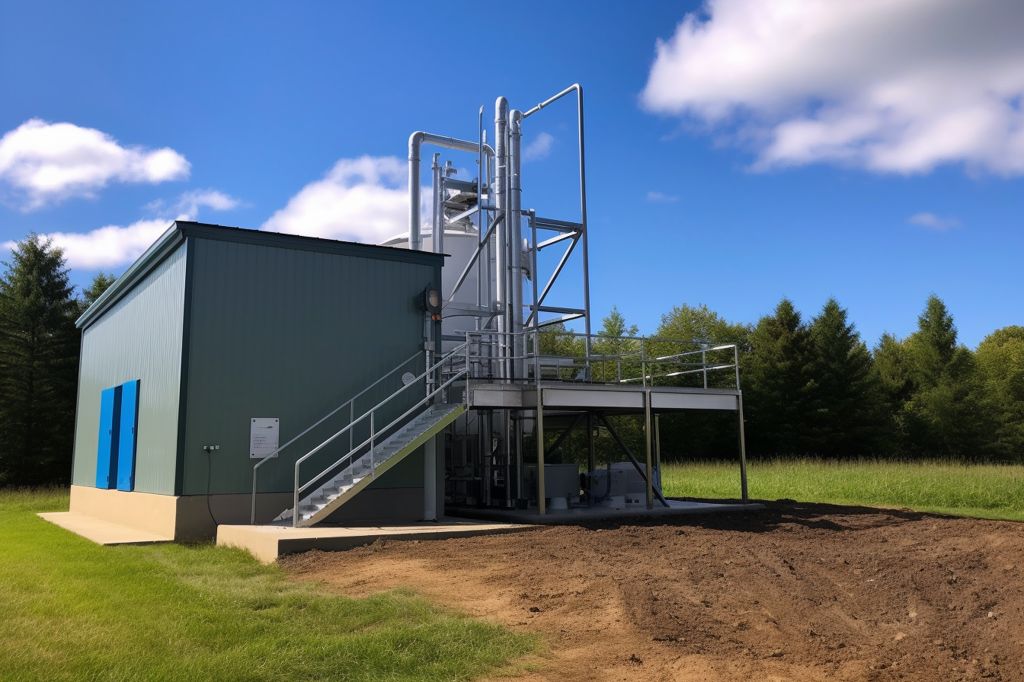Deputy Minister Mcebisi Skwatsha discusses the progress made in land reform and rural development in South Africa since the Restitution of Land Rights Act was enacted in 1994.
Land Redistribution
The Department of Agriculture, Land Reform, and Rural Development (DALRRD) acquires and allocates land to promote equitable access. Challenges include high land prices and rejected values determined by the Valuer General, particularly in the Western Cape. Initiatives such as the Proactive Land Acquisition Strategy have been introduced to address these challenges.
Land Tenure Reform
To address security of tenure, the department has set aside a budget of R218 million to acquire 5,685 hectares of land in the current financial year. The department is also developing a Land Tenure Model to provide secure and sustainable land rights to historically disadvantaged South Africans, particularly women and youth.
Labour Tenants and the Special Master
The department aims to finalize 758 labour tenant claims in the 2023/24 financial year. This effort is essential to address the historical injustices faced by labour tenants who have been waiting for secure land rights for decades.
Communal Property Associations (CPAs)
Over 1,700 CPAs have been registered nationally, and their executive members receive governance training to ensure compliance with the Communal Property Associations Act. The audit of CPAs was completed in April 2023, which is essential for maintaining transparency, accountability, and effective management of communal land.
Communal Tenure – TRANCRAA
Efforts are underway to transfer TRANCRAA land to communities in four provinces. Despite challenges, 106,000 hectares have already been transferred, and 43,000 hectares are targeted for transfer.
Communal Tenure and Land Administration
A new policy and Bill on Communal Land Tenure and Administration has been developed to address communal land tenure and land administration issues. This aims to ensure security of tenure, sustainable land use, and effective land administration in communal areas.
Restitution
To date, 82,761 land claims have been settled, and the Commission aims to settle 349 claims and finalize 406 claims in the 2023/24 financial year. The restitution process is an essential component of the land reform program, allowing for land rights to be returned to those who were dispossessed under apartheid and colonial rule.
Office of the Valuer General
The Office of the Valuer-General plays a critical role in executing just and equitable property valuations for efficient and effective land reform. The Ministerial Advisory Panel has submitted a final report to review the Property Valuation Act, which aims to improve the systems and structures of the Office of the Valuer-General.
Moving Forward
All stakeholders, including government departments, landowners, communities, and civil society, are called upon to work together to ensure the success of land reform and rural development initiatives in the country. By addressing the challenges and harnessing the opportunities presented by land reform, South Africa can promote social cohesion, economic development, and environmental sustainability for the benefit of all its citizens.












